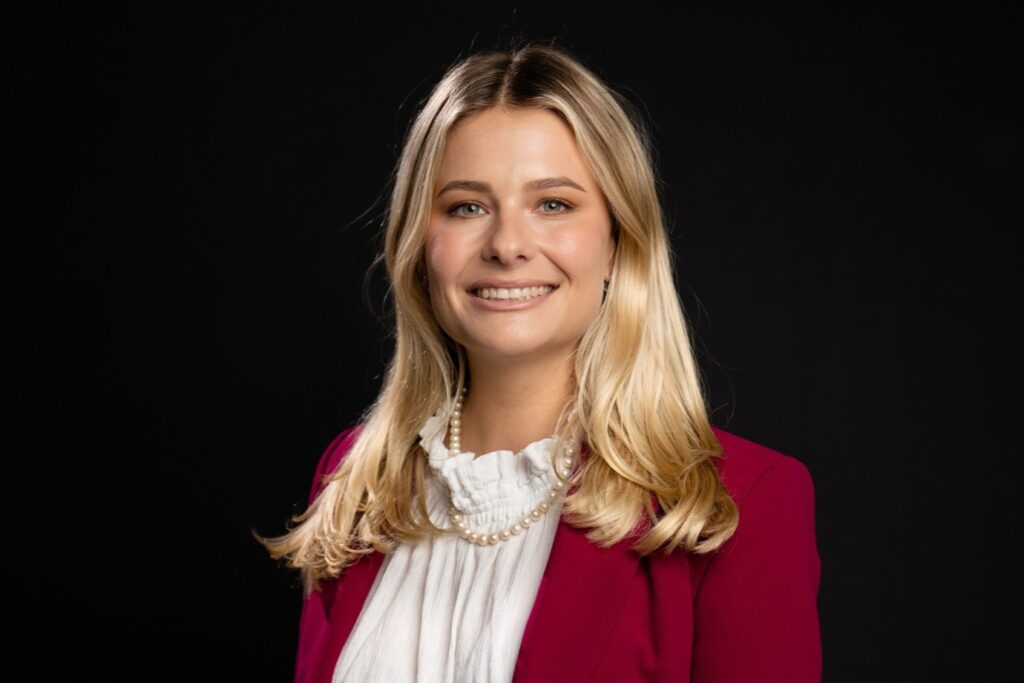When Tara Whitehead tells people that she runs Application Security at a major Australian tech company, they almost always ask her what she studied to get there.
Her candid answer of a “Master of International Relations” tends to generate surprised faces, she says.
“The assumption that what you study locks you in for your career for the rest of your life, is still so bloody prevalent in our society,” says Whitehead, the Security Engagement Manager at MYOB.
“If you’re outside of tech, you’re probably thinking the same thing I thought when I was first approached to join appsec [Application Security]; ‘yeah right, I’m not technical enough to go near that!’.”
And yet, Whitehead is a leader in a highly specialised part of tech, despite not having written code or being an engineer.
“I’m here to let you know that being “technical” doesn’t mean you have to understand deep and complex code or software – it simply means that you have sets of abilities or knowledge that you use to perform practical tasks,” she says.
“So, that can be writing code. But it can also be writing effective communications in order to change behaviour.”
“And security as an industry is chronically under-skilled in technical abilities such as strong communications, change-management, psychology, and even politics and influencing… the list goes on.”
Whitehead holds degrees in international relations, along with having spent time at the United Nations Development Programme – all of which she says have been invaluable for her career.
Her experience and education within global politics has armed her with “the knowledge of nuanced diplomacy between nations, their cultures, motivations and political systems”.
Whitehead says this knowledge is particularly important to tech when it comes to discussing serious threat factors, such as foreign governments.
Even beyond global politics, she says there are plenty of other careers that have strong technical skills which can be applied to the security and technology industry.
“Maybe you’re a cop – you get criminals. Maybe you’ve been a journalist so know how to ask the right questions to get to the best solutions. Maybe you’ve run a small business, so know how to put out constant fires and still get a brilliant outcome,” Whitehead says.
While there is always going to be some element of software literacy required to be successful in the industry, Whitehead doesn’t want this to put anyone off from considering entering the field.
“When I first started in appsec, I didn’t think twice about reusing that same, years-old, password for everything from my Iconic account to my bank. Containers were things I used to store my lunch, not packages of software. And you wouldn’t even ask me what an API was,” she says.
“It was only on the job that I learned all the security and software engineering I needed to be successful.”
“I am a bit of a jack of all trades, but in this industry, my industry, this helps make me a master of security. And you can be too.”
Whitehead shares more advice on navigating a career and motherhood during her keynote session for Women’s Agenda’s new video app series, The Keynotes.
The Keynotes app shares “Mini Keynote” sessions and insights on leadership, equity, current affairs, climate and so much more. To watch Tara Whitehead’s keynote as well as other sessions, sign up to the app here.


